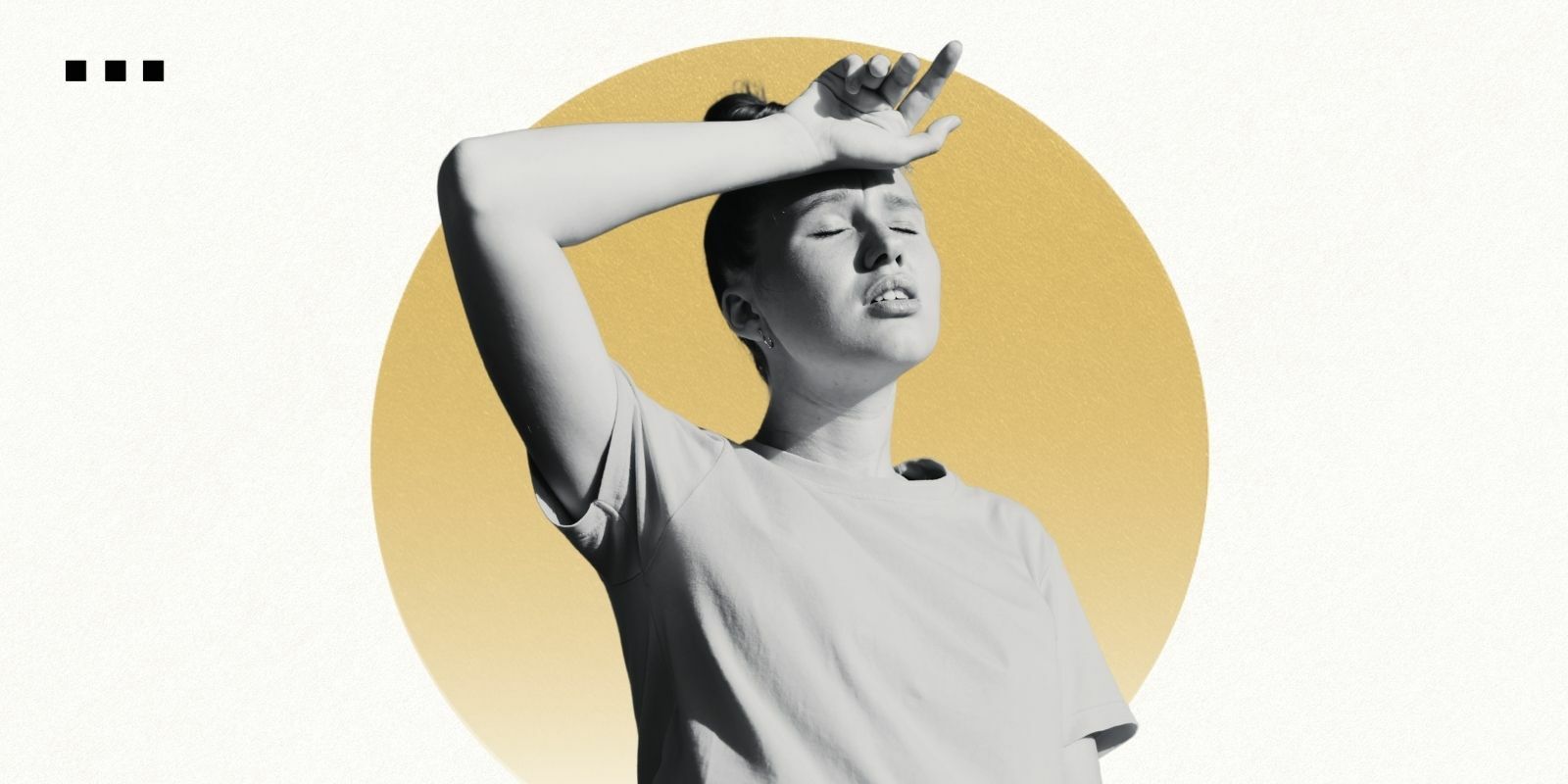What causes summertime depression?
Summertime depression is less common, and therefore less researched, but it is gaining more attention. Patterns of depression with summer onset may be related to the longer and hotter days, as higher temperatures can lead to a stress response. Studies also suggest that individuals who experience summertime SAD may have reduced melatonin levels, and longer hotter days can lead to more trouble with sleep.
Well-being matters: Resources for finding help
It is also possible that changes in routine can contribute to summer depression, such as children being home from school, avoiding cooking due to the heat, or vacations, which can impact sleep quality and eating. Summertime can also induce more body-image distress and financial stressors, with vacations and childcare.
How does summer SAD differ from its winter cousin?
Both summer depression and winter depression have common symptoms of depression, including low mood, loss of interest in activities, trouble concentrating, changes in sleep and appetite, hopelessness and suicidal thoughts. Summer depression can also carry symptoms of irritability, agitation, anxiety and decreased appetite.
Do social media feeds flooded with photos of exotic vacations and exciting adventures play a role in summer depression?
Yes, not only do individuals with summer depression want to stay inside and withdraw, but there may also be financial barriers that prevent them from having these experiences. Social media is a wonderful tool for connection but leads to a lot of comparison with the “expectation” pictures not the “reality” pictures. It is easy to create a story that others have perfect lives, and get to enjoy summer, when depression keeps you inside hiding from the sun. It can really seem like everyone is enjoying this time of year, which can feel more isolating and lead to more guilt that summer “should” be enjoyed.
Summer depression is reported far less than winter depression. Do you think the winter blues are more “acceptable” in society, or what causes the disparity?
Winter depression has more research and is more normalized to talk about. Winter depression also has symptoms that are more in line with what we think of for depression, where summer depression has a decreased appetite, insomnia and irritability. It is possible that summer depression is misdiagnosed and often misunderstood by others and definitely needs more research and awareness.
Also, expectations of summer might make it difficult to share, because summer is a time when there are more available activities and when we “should” feel happy. I can say from personal experience that if you admit you do not like summer or the sun, you get a lot of questions and judgment. For some, it may be easier to mask symptoms instead of sharing.
How can FOMO (fear of missing out) on summertime adventures impact people prone to this depression?
The FOMO can intensify the depression, and lead to people questioning themselves and wondering what is “wrong” with them. There is pressure from others to have these adventures, and internal pressure/not wanting to miss out and sometimes people do things they do not actually enjoy to not have FOMO.
What should friends/family look for if they think a loved one might be suffering from the condition and how can they help?
If your loved one has a lower mood, or starts to isolate, is more irritable or anxious, has sleep troubles, talks about increased fatigue, it may be a sign they are experiencing summer depression. You can help by validating that this is a very real experience, which can go a long way. You can offer to help with tasks and understand that energy levels may lead to changes in summer plans. Low pressure plans (watching a movie, having a board game night or an evening walk) can be better for those struggling. Helping your loved one maintain a routine, like eating meals with them, can also help maintain some regularity.
How can summertime depression be treated?
Summertime depression can be treated with therapy such as cognitive behavioral therapy (CBT), medication and changes in lifestyle. Instead of trying to get out in the summer, it may be better to find activities that are indoors with AC, that are in the early morning or evening, or find ways to stay cool when outside. But it is still helpful to see your friends and family. It is important to maintain a sleep schedule, eat regularly and drink water. Planning ahead is helpful, too, such as recognizing when symptoms generally occur and financially planning for summer commitments.
What are the dangers of ignoring summertime depression?
Summertime depression remits in the winter, but just because we know it should go away does not mean it always will. There can be worsening depression each year in the summer when we anticipate depression and an increase in the severity of symptoms when we do not address it in the moment. Summer depression can have impairment in functioning at work or activities of daily living and can include suicidal thoughts and behaviors.
Is there anything you want to add?
Summers can be a time for adventure and excitement for some, and summers can be awful for others. Just because summer depression is less understood does not mean you need to suffer.





